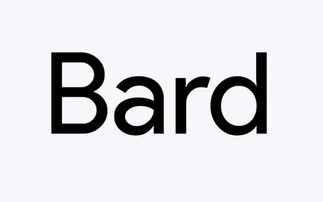As the iconic leader departs, the software giant is defending its position
Bill Gates made Microsoft dominant but not unassailable Almost 10 years ago Bill Gates said in an interview that one day Microsoft would be replaced. Gates’ prescience was accurate. The rise ...
To continue reading this article...
Join Computing
- Unlimited access to real-time news, analysis and opinion from the technology industry
- Receive important and breaking news in our daily newsletter
- Be the first to hear about our events and awards programmes
- Join live member only interviews with IT leaders at the ‘IT Lounge’; your chance to ask your burning tech questions and have them answered
- Access to the Computing Delta hub providing market intelligence and research
- Receive our members-only newsletter with exclusive opinion pieces from senior IT Leaders




















